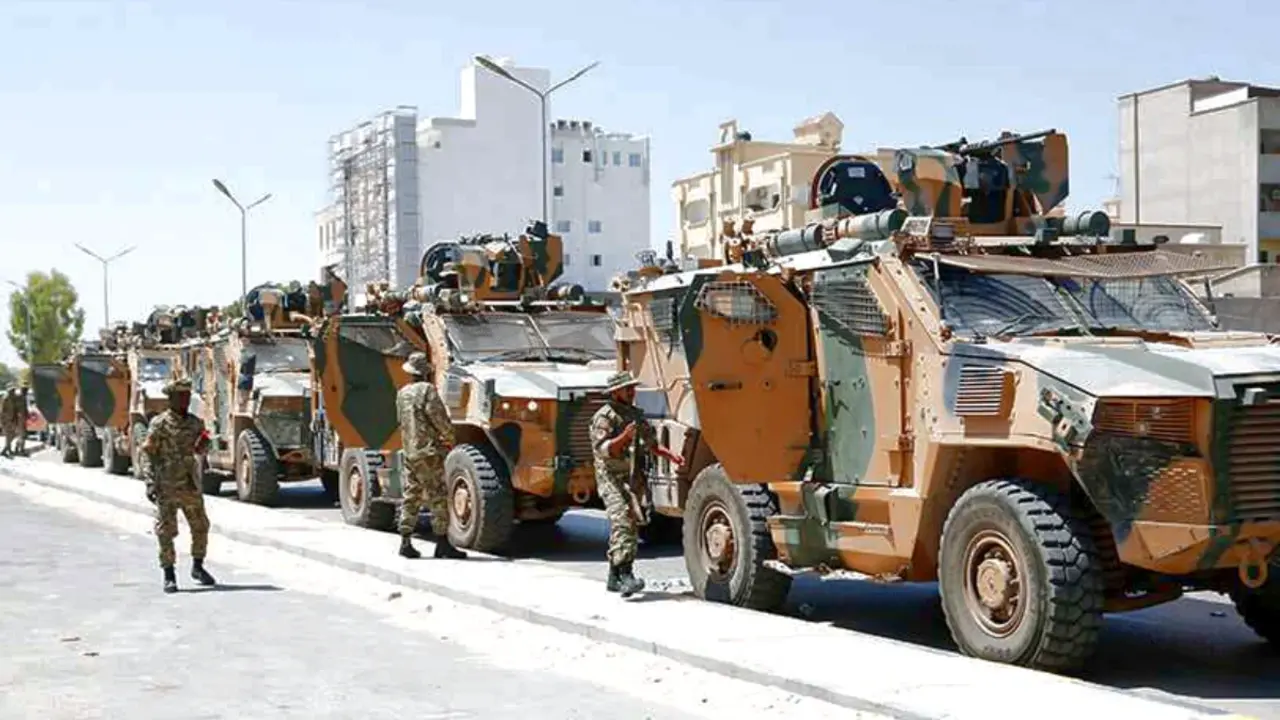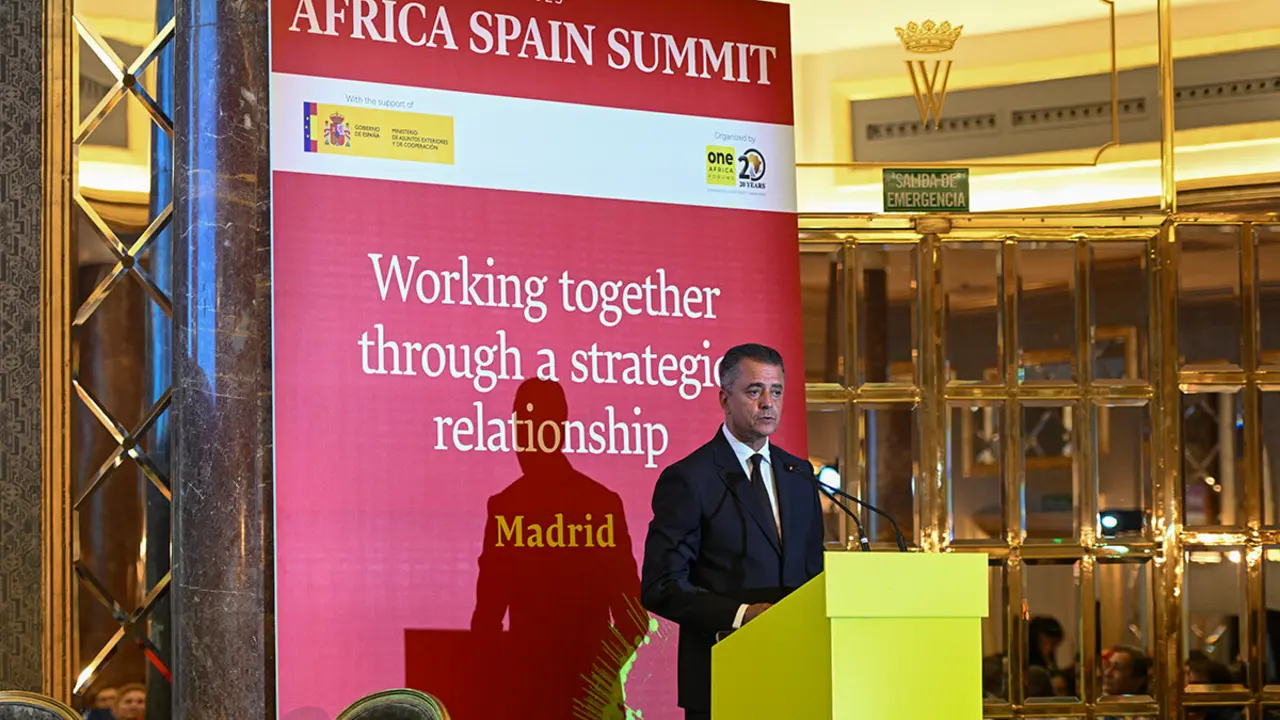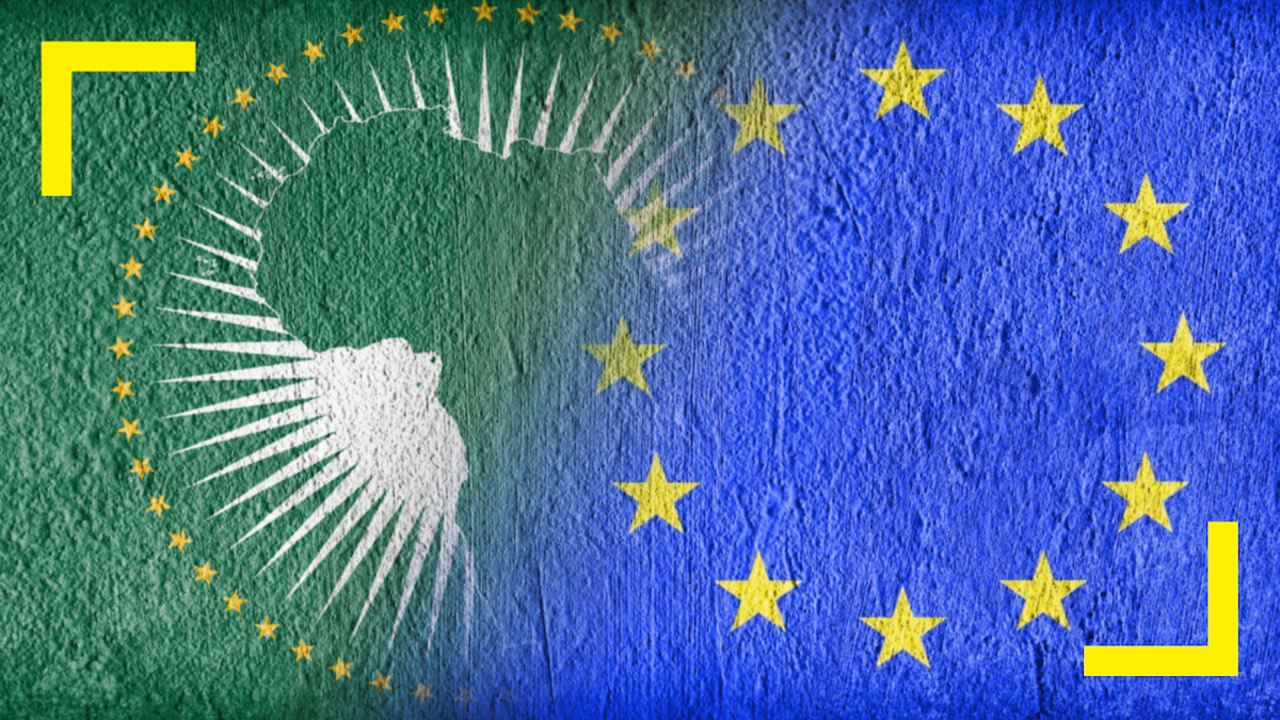Qatar pone a prueba en Túnez su nueva estrategia para el norte de África

The Arab Spring put the Gulf states in competition to gain weight and influence on a regional scale. The revolutionary onslaught that subdued Ben Ali's Tunisia, Gaddafi's Libya and Mubarak's Egypt in a matter of weeks did not take long to suffer interference from Saudi Arabia, the United Arab Emirates and Qatar, which sought to strengthen their internal allies by taking advantage of the prevailing chaos in a strategic area due to its energy resources and its endless connections with sub-Saharan Africa, Europe and the Mediterranean.
While Riyadh and Abu Dhabi focused their external action on halting the political advance of Islamist movements, which soon became strong in countries such as Tunisia and Egypt, with the argument of keeping the terrorist threat away from their regimes, Doha took the opposite path and decided to back the various local franchises of the Muslim Brotherhood, with which it had pre-revolutionary ties, in their rise to power. The strategy antagonised its Gulf neighbours. In 2017, Saudi Arabia, the UAE, Egypt and Bahrain imposed a land, sea and air blockade on Qatar amid accusations of promoting terrorism.
The signing in January 2021 of the Al-Ula Declaration ended the crisis between Doha and the blockade quartet. A decade after the outbreak of the Arab Spring, tensions in the Gulf were beginning to ease considering the ineffectiveness of the siege on Qatar's booming economy and thanks, in part, to continued US diplomatic pressure on Saudi Arabia, which de facto led the blockade against its neighbour and main competitor. However, rivalry in the Gulf continues to simmer. Unlike Abu Dhabi or Cairo, Riyadh has not fully rehabilitated its Doha relations.

The rapprochement, however, has ended up shaping the foreign policy of the Gulf countries, especially that of Qatar, a reality that has been exposed in North Africa. In this region, Doha has ceased to show any interest in reigniting previous ideological tensions with Riyadh and Abu Dhabi over political Islam. It is true that the fall of Islamist movements in Egypt and Tunisia has influenced its new roadmap, but for some time now the focus of the Qatari authorities' plans has been on turning Doha into a regional platform for dialogue and conflict resolution. Precedents include the negotiations between the Trump administration and the Afghan Taliban and those between the Chadian regime of Mahamat Kaka Déby and the opposition, both of which were held in Doha.
But this new position is not incompatible with the adoption of a new foreign strategy. In fact, Qatar is rapidly drawing up a new plan to maintain and expand its influence in North Africa, this time without the support of ideologically close actors in power. Instead of relying on the usual Salafist organisations, the Emirate is seeking to adapt its actions to the political reality of each country in the region, from Morocco to Egypt, via Algeria and Tunisia. In other words, it is committed to realpolitik.
Qatar's Emir Tamim bin Hamad Al Thani called Tunisian President Kais Saied on Monday amid protests against his government. The UGTT, the country's largest trade union, had taken to the streets on Sunday over Saied's failure to curb the pressing economic crisis and the visible rollback of civil rights. The demonstration coincided with a campaign of arrests against opposition figures, particularly activists and former politicians from the Islamist Ennahda party, a movement inspired by the Muslim Brotherhood and linked to Turkish and Qatari interests.
رئيس الجمهورية #قيس_سعيّد يجري مكالمة هاتفية مع أخيه صاحب السمو الشيخ تميم بن حمد آل ثاني، أمير دولة قطر الشقيقة، لشكره على إيفاد مساعد وزير الخارجية للشؤون الإقليمية، وعلى استعداد دولة قطر للوقوف إلى جانب الشعب التونسي في مواجهة كل المصاعب المالية التي تعيشها تونس. #TnPR pic.twitter.com/U1PpmKzKsr
— Tunisian Presidency - الرئاسة التونسية (@TnPresidency) February 20, 2023
The Amiri Diwan, the administrative office of the Qatari emir, said in a terse statement that the two leaders "discussed bilateral ties and developments in the region", without providing further details. Hours before the telephone conversation, Saied had received the Qatari deputy foreign minister for regional affairs, Mohammed Al Khulaifi, at the presidential palace. Doha has not openly taken a position on the political crisis in Tunisia following Saied's self-coup in July 2021, but has limited itself to calling for dialogue between the parties.
Al Thani, however, has personally pledged to Saied to inject funds into Tunisia's impoverished state coffers. "Our country is ready to give a new impetus to exchange, investment and partnership relations with Qatar, especially through the implementation of bilateral agreements, as well as the finalisation of investment and development projects in Tunisia in sectors of mutual interest," the Tunisian presidency responded. After France, Qatar is the second largest investor in Tunisia, particularly in the real estate, infrastructure, tourism, financing, media and petrochemical sectors, among others.
Qatar seems to have forgotten about Ennahda. Saied's recent wave of arrests of several former cadres of the Islamist formation has not even led to a firm condemnation by Doha, quite the contrary. More perks for an authoritarian leader who has focused his political action on the persecution of corruption and political Islamism in the country, which has historically represented the so-called Renaissance party. Although the Qatari press blames the president for the raid on the offices of the Al Jazeera radio station, owned by the Al Thani family, by his Tunisian security forces in July 2021, days after Saied's coup d'état.

Qatar appears to be replicating in Tunisia the same modus operandi it has followed in Egypt, where it has shown no intention of resolving the delicate situation of the Muslim Brotherhood following diplomatic reconciliation with Cairo. Doha's appeasement technique on President Abdel Fattah El Sisi has not forced any progress along these lines. Moreover, the Muslim Brotherhood is at its weakest point in decades. And Qatari investment has been steadily increasing in recent months.
The Sahara dossier conditions Qatar's relations with Morocco and Algeria. Doha's ambassador to the United Nations, Abdulrahman bin Abdulaziz Al Thani, in October qualified his support for Rabat's proposal for autonomy under Moroccan sovereignty, which he described as "an objective basis for any realistic and sustainable solution to this problem". Thus, despite the retreat of political Islamism in Morocco following the September 2021 elections, in which the Justice and Development Party (PJD) lost more than a hundred seats and the leadership of the government, Qatar has maintained the volume of investments in the country.
Although the peak of Qatari influence coincided with the PJD's political dominance, this 'was perhaps most clearly reflected when in 2017 Morocco adopted a neutral stance towards the UAE and Saudi Arabian blockade against Qatar and even airlifted food shipments to Doha', recall analysts Karim Mezran and Sabina Henneberg at Newlines Institute. However, Moroccan diplomacy is not happy with Doha's position on the Sahara dossier. Rabat does not consider it as explicit as it would like.

Unlike Morocco, Algeria has never had close relations with the Gulf monarchies. Algerian foreign policy has historically tended towards non-alignment, but the apparent closeness between Doha and Algiers generates mistrust in Rabat. Al Thani and Algerian President Abdelmadjid Tebboune are in regular contact, and the Gulf country has recently announced several investment projects in Algeria, with a focus on the tourism sector. At the same time, Qatar maintains close relations with Chief of Army Staff Saïd Chengriha, the country's strongman and the man in charge of straining relations with Morocco. In fact, his Qatari counterpart, Lieutenant General Salem Salem bin Hamad bin Aqeel Al Nabit, met with him this week in Algiers.
"The Gulf countries played an important role in the fall of Gaddafi. Unlike the mobilisations in Egypt or Tunisia, there was almost total convergence in Libya. Animosity towards Gaddafi was one of the few things on which all the Gulf Arab capitals agreed', notes analyst Eduard Soler i Lecha in the pages of the European Institute of the Mediterranean (IEMed). Doha rowed in the same direction as Abu Dhabi in this scenario, but differences soon began to emerge. Gulf countries trained, equipped and armed different rebel groups, which led them to back opposing factions. This laid the groundwork for their long-standing rivalry in 2014.
"Several Arab countries have accused Qatar of funding groups listed as terrorist organisations, such as Ansar al-Sharia and the Benghazi Defence Brigades. Doha has denied the accusations. Instead, its support for the Tripoli government and groups linked to the Muslim Brotherhood is a proven fact," Soler i Lecha stresses. "After the elections of 25 June, two centres of power emerged: Tripoli and Tobruk, supported by Qatar and the Emirates, respectively. They were not the only regional actors to take sides, but they were among the most influential". From that point onwards, Qatar's involvement began to diminish considerably.

"Although neither Qatar's nor the UAE's objectives in the Maghreb have changed, since 2011 both have transformed their engagements into more pragmatic diplomacy," analysts Karim Mezran and Sabina Henneberg summarise. "They aim to boost their regional influence while protecting their own regimes. The forms and levels of Gulf intervention in the Maghreb vary over time, but it is always in the interests of the Gulf states, not the Maghreb".








